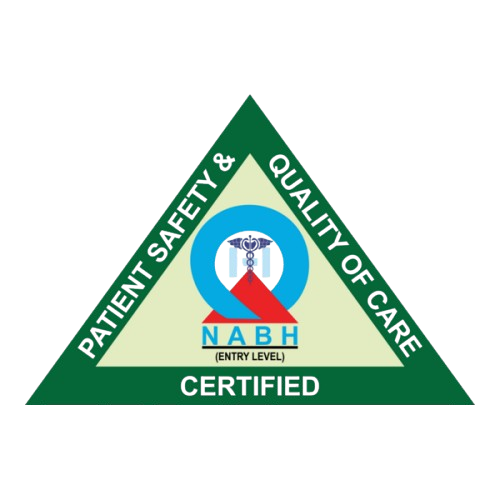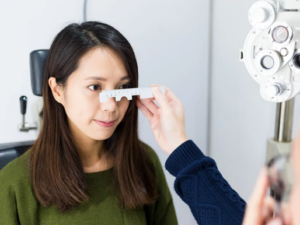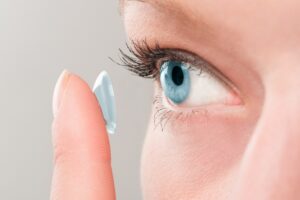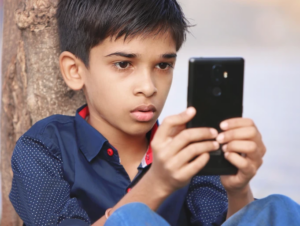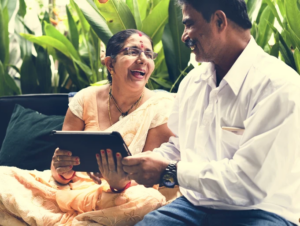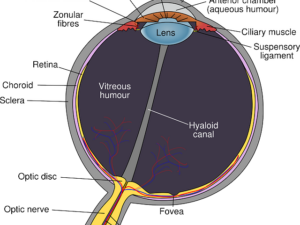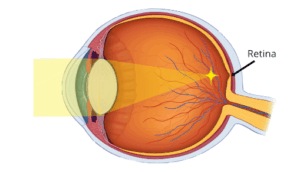Do's/dont's While Using Contact Lenses
Are Contacts Right for You?
The right ANSWER to that question is, when your child is of the appropriate age and maturity wherein they can handle the nuances of contact lenses.
You get a lot of eye infections.
You have severe allergies or dryeyes that are hard to treat.
You work or live where it is very dusty.
You are not able to properly care for your contact lenses.
To safely wear contact lenses, you must be committed to caring for them properly and replacing them when needed. Talk with your ophthalmologist at IBBANI NETHRALAYA – BEST EYE HOSPITAL IN BANGALORE by booking an appointment or call 8088813221 to discuss your vision needs and expectations. We will help you decide if contacts are a good option for you.
Follow instructions:
Follow the schedule given by your ophthalmologist, for the amount of time in a day you can wear your contacts as well as when you have to dispose it.
Follow directions from your doctor, from the contact lens manufacturer, and from the lens cleaning solution manufacturer to clean and store your lenses.
If you store your lenses in the case for a long time, read your instructions to see if you should re-disinfect them before wearing them.
Never wear your contact lenses if they have been stored for 30 days or longer without re-disinfecting.
Keep your appointments with your ophthalmologist for regularly evaluating your eye power. Contact lenses can warp over time, and your cornea can change shape. To make sure your lenses fit properly, and the prescription is right for you, see your eye doctor regularly.
Do not take a shower or swim or wash your face when wearing contacts.
Do not sleep with your contact lenses on.
Clean and rewet carefully
Wash your hands with soap and water before touching your contact lenses.
Dry your hands
Use a “rub and rinse” cleaning method. Rub your contact lenses with clean fingers, then rinse the lenses with solution before soaking them. Use this method even if the solution you are using is a “no-rub” type.
Never put contacts in your mouth to wet them. Saliva (spit) is not a sterile solution.
Do not rinse or store contacts in water (tap or sterile water).
Never use a homemade saline solution.
Do not use saline solution or rewetting drops to disinfect your lenses. They are not disinfectants.
Use new solution each time you clean and disinfect your contact lenses. Never reuse or top off old solution.
Do not pour contact lens solution into a different bottle. The solution will no longer be sterile.
Make sure the tip of the solution bottle does not touch any surface. Keep the bottle tightly closed when you are not using it.
Care for your contact case
Keep your contact lens case clean. Rinse it with sterile contact lens solution (not tap water).Then leave the empty case open to air dry.
Replace the case at least every 3 months, or right away if it gets cracked or damaged.
You can get a serious eye infection if you do not clean, disinfect and store your contact lenses correctly.
Contact lenses that are old or that do not fit well can cause abrasions on your cornea. They can also cause blood vessels to grow into your cornea, a dangerous condition that threatens your vision.
Remove your contact lenses and call your eye doctor right away if your eyes are very red, painful, watery or sensitive to light. Do the same if you have blurry vision or notice discharge (ooze or pus) coming from your eye. These can be symptoms of serious eye problems.


